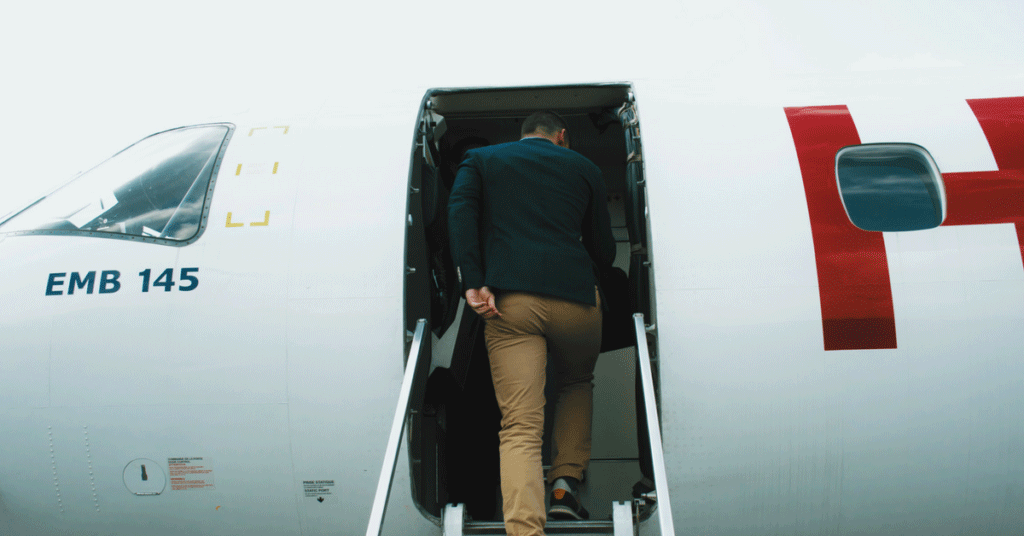
You own a plane. Now what?
OPERATING YOUR AIRCRAFT –WHAT RULES APPLY
The FAA, IRS, State Departments of Revenue and your insurance policy all govern the way you operate your aircraft. This article has helpful hints to help your aircraft operations remain in regulatory compliance.
Create a Plan and Document the Plan
To avoid future problems, have a plan, document the plan and the reasons for the plan. Let each person involved with the aircraft know the plan and at least an overview of the reasons behind the planned structure. Your payables department may determine that a different payment procedure would streamline their job, however their plan inadvertently violates the Federal Aviation Regulations (FARs) and non-compliance jeopardizes your insurance coverage.
FAA
The FAA generally prohibits providing flights to anyone for consideration if your aircraft is operated under the Part 91 non-commercial rules. There are exceptions, but let everyone know the general rule and then have them contact your aviation counsel if they want to deviate from this rule. Non-paying guests are frequently acceptable to the FAA under FAR Part 91 flights. If others want to use your aircraft and provide any consideration, you may need to lease the aircraft to them or, if your aircraft is on a charter certificate, have them charter the aircraft directly from the charter company.
The Plane Is Not Your Sportscar
It is important to remember that the operation of your plane is subject to more federal regulations than your sports car. You can loan your sports car to a friend for a weekend. He can drive the sports car and pay for the gas. If you loan your plane and pilot to a friend and the friend pays you for the fuel, you may owe tax to the IRS, may be subject to FAA civil penalties and may have voided your insurance coverage.
The Plane Is Not Your Vacation Cabin
The operation of your plane is also subject to different federal regulations than your vacation cabin. You may allow your friend to use your cabin for a weekend in exchange for tickets to a sporting event. If you loan your plane and pilot to a friend in exchange for any consideration (cash, sports tickets, a weekend at their vacation cabin), you may owe tax to the IRS, may be subject to FAA civil penalties, and may have just voided your insurance.
IRS
Depreciation & Entertainment Expense Deductions
In 2018, after the 2017 Tax Cuts and Jobs Act you can immediately expense the entire purchase price of the aircraft as bonus depreciation. However, as of January 1, 2018, entertainment expenses are no longer deductible. If your tax plan for the aircraft involves tax deductions for a business asset, be careful that the entertainment and personal use does not reach a level that causes you to lose your bonus depreciation deduction or to suffer a significant recapture event. This law is new and the regulations and industry practice are evolving so query your tax advisor for periodic updates so that you can align your operations with the tax law requirements to obtain the anticipated business deductions.
Imputed Income from Personal Guests
Those non-paying guests that are acceptable to the FAA may trigger imputed income to you from the IRS perspective. If a family member accompanies you on a business flight then you will incur imputed income for the family member’s flight. This may also affect your depreciation deductions.
STATE DEPARTMENT OF REVENUE
State sales and use tax will have been planned at the time of purchase. Follow-through on the initial plan is important and you should confirm that the applicable State Department of Revenue receives the appropriate payments per your plan. The initial plan will be more costly and any planned reductions in payment may not be recognized by the State if you are audited and it is determined that, despite the plan, no payments were made.
INSURANCE
You considered what insurance coverages to purchase when you bought your plane. Now, make sure those coverages are available if you ever need them. Operating your aircraft in compliance with the FAA regulations is critical to maintaining the insurance coverage you purchased.
CANDIDATES FOR PUBLIC OFFICE
If you want to fly any candidate for public office on the aircraft, contact aviation counsel and also discuss any planned flights with the candidate’s advisor to determine the current rules and avoid violating FAA regulations and campaign finance rules.
KEEP CURRENT – GET AN ANNUAL CHECK-UP
The FAA and IRS have differing rules regarding aircraft and those rules as well as the flight needs of an aircraft owner change over time. It can be helpful to periodically have a review of the current facts and flight needs and confirm whether any FAA or IRS changes have occurred which affect the aircraft’s operation.
Determining the optional structure for your aircraft operations in order to operate in compliance with the regulations and achieve the desired tax benefit can be challenging. There are many governmental agencies with conflicting rules to review and evaluate. Obtaining the advice of an attorney experienced in corporate aviation can help reduce costs and help to ensure a positive aircraft operating experience.
Michelle M. Wade is an attorney with the law firm of Jetstream Aviation Law, P.A. and counsel clients on the acquisition, financing and operation of corporate jets operated under Part 91 and Part 135 of the US Federal Aviation Regulations. Jetstream Aviation Law can be found at www.JetstreamLaw.com. Michelle Wade (mwade@jetstreamlaw.com)
The information provided here is not legal advice and does not purport to be a substitute for advice of counsel on any specific matter. For legal advice, you should consult with an attorney concerning your specific situation.
